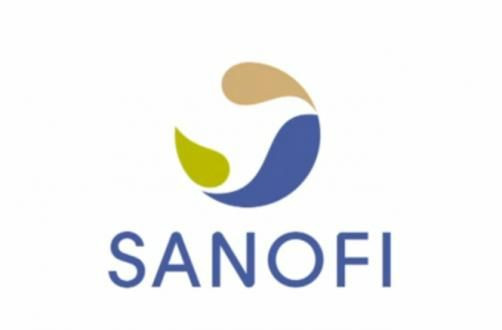Allergic Asthma Treatment, Dupilumab, Successful In Phase II Trials

Successful results from Phase IIa clinical trials on dupilumab for the treatment of moderate to severe allergic asthma have been published today in the New England Journal of Medicine. Allergic asthma results from the exposure of the lung mucus membrane tissue to allergens, causing inflammation and damage to the airway because of immune activation. The new drug, a monoclonal antibody, targets a soluble mediator of this immune process and blocks it from reaching its intended target cell, avoiding immune activation.
"Despite existing therapies, a significant number of patients with moderate-to-severe, persistent allergic asthma are not optimally controlled, which puts them at risk of poor clinical outcomes. These patients contribute to the significant economic burden of asthma," said Dr. Sally Wenzel, M.D., Professor of Medicine and Director of the Asthma Institute at the University of Pittsburgh and lead investigator of this trial.
The clinical trial enrolled 104 patients with moderate to severe asthma, which was unable to be controlled by inhaled steroid treatment (glucocorticosteroids) and long acting beta agonist therapy. 52 of the patients in the study received the treatment weekly for 12 weeks and 52 other received placebo injections. Only three patients being treated with the drug saw an exacerbation in their asthma, whereas 23 patients in the control group had the same reaction. This means that there was a 87 percent reduction in the risk of asthma exacerbations in patients treated with the drug, while removing steroids and beta agonists.
The drug is a monoclonal antibody which is specific for the alpha subunit of the Interleukin 4 receptor (IL-4R), and blocks signaling of IL-4 and IL-13, both mediators of allergy. These mediators are part of the T-helper 2 reaction of the immune system, which is responsible for allergic reactions in people and promotes B cell activation and production of IgE (Immunoglobulin E), a major driving factor in the reaction to allergens. The drug is also being tested for functionality in atopic dermatitis in other trials.
"These encouraging data support the potential role of IL-4/IL-13 blockade in an important subset of asthma patients and warrant continued clinical investigation." continued Dr Wenzel. The biologic drug is being co-developed by Regeneron Pharmaceuticals out of Tarrytown, NY and the large European pharmaceutical giant Sanofi of France.
Around 25 million people in America are affected by asthma, and around half of all patients with moderate to severe asthma are known to have their disease caused by the T Helper 2 immune reaction that this drug blocks. It is estimated that close to 300 million people worldwide have asthma, of which 180,000 die from the disease annually.
Another Phase II clinical trial is soon to recruit participants to officially start in June 2013.
Source: Wenzel S, Ford L, Pearlman D, et al. Dupilumab in Persistent Asthma with Elevated Eosinophil Levels. New England Journal of Medicine. 2013.
Published by Medicaldaily.com



























